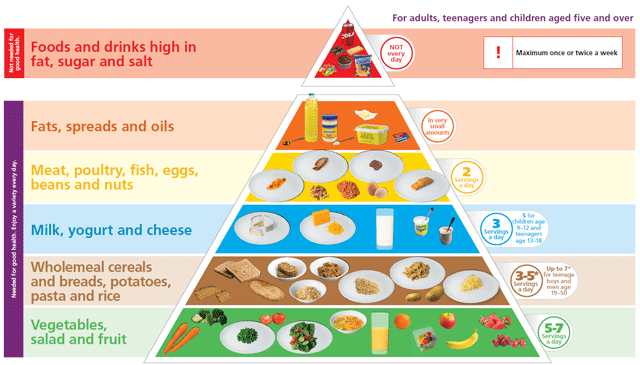
Hi, its Claire Brady from Gravity Fitness again. I am writing today about simple food rules with no fads or gimmicks. Just common sense. You’re starting out on a new health and fitness regime, you decide you want to get your nutrition in check and the first thing you’ll think about is what food you should cut out or eliminate. Sound familiar? Keto, paleo, vegan, gluten free, juicing…. these are just a few of the emerging dietary crazes across the world, but evidence suggests these trends could be detrimental to your health. One study completed last week, will be refuted by a study this week and its downright confusing. So I thought that the most valuable advice to give would be that which has stood the test of time. After combing through the literature and asking my nutritionist colleagues, I found some practical advice that holds true, that you can count on now and in the future. So instead of thinking about what to cut out, consider thinking about sticking to these five simple rules. And if you want to know whether your diet measures up, see a dietitian for an assessment to be sure.
- Eat your fruit and vegetables
Since the early 1900’s the message to eat fruit and vegetables has been a mainstay and the scientific research and the importance of consuming them has strengthened over time. Research has linked their consumption with a reduced risk of developing high blood pressure, heart disease, obesity, type 2 diabetes, dementia and certain types of cancer. Guidelines for consumption are to fill half your plate at every meal. If you struggle to like the taste of vegetables try out different ways of cooking them, there’s bound to be something that you’ll enjoy. Roasting will bring out sweetness for example, salad dressings can add a new flavour. Don’t give up, advice to eat your veggies isn’t going to go away.
- “Choose a variety of nutrient dense foods across and within all food groups”
This has been the advice since the 1980s. So what about popular eating plans that cut out major food groups, such as paleo dieter skipping grains, keto dieters skipping carbohydrates and vegans avoiding milk. Can a diet really be healthy if they lack all food groups? Remember this, everyone needs carbohydrates to be healthy. Ok you might think they’re evil and causing you to put on weight, you could be right since most of us don’t consume food like white bread and sugar in moderation. Bottom line, cutting out carbohydrates and/or grains will make you cranky and weak. Do yourself (and those around you!) a favour and focus on consuming whole grain products! Also remember that a glass of milk contains about 300 mg of calcium (them bones, them bones need calcium…!) which is easily absorbed by your body. It’s almost impossible to get enough calcium without dairy unless you’re taking a supplement. Calcium from veggies alone won’t cut it in the long run.
- Get enough fibre
Fibre rich foods are important to avoid constipation, reduce the risk of colon cancer, prevent heart disease and type 2 diabetes. You should be aiming for 25 grams (women) and 38 grams (men) per days but most people do not get enough of this vital nutrient. Fibre rich foods that can be added to your diet include fruit and vegetables (see point 1 J), beans, lentils, nuts, seeds and whole grains (see point 2 J). A cup of tasty raspberries will add 8 grams of fibre to your day. Easy!
- Cut down on junk food
“Junk food”: a term coined in the 1940s and used in the media to describe foods such as cakes, sweets and fizzy drinks and linking those foods to negative health problems. It’s safe to say that a diet built on ice cream and cake is never going to be healthy (sad face I know….). Also remember there are no fad diets based on eating more junk food. And also remember just because a bar or granola says the word “protein” on it, it doesn’t mean green light to go and eat it. These “healthy” treats are usually laced with sugar and fat and should still be considered junk food, refer back to point 1 and 3, snack on the likes of fruit, vegetables and nuts.
- Drink alcohol in moderation
So what is moderation? It means no more than one drink a day for women or two for men. And no, you can’t save it up and consume 7 to 14 drinks at the weekend. Alcohol carries the risk of dependency, excess consumption is linked with liver damage, certain cancers and obesity. Like junk foods, there won’t be a time when alcohol becomes a health food!




